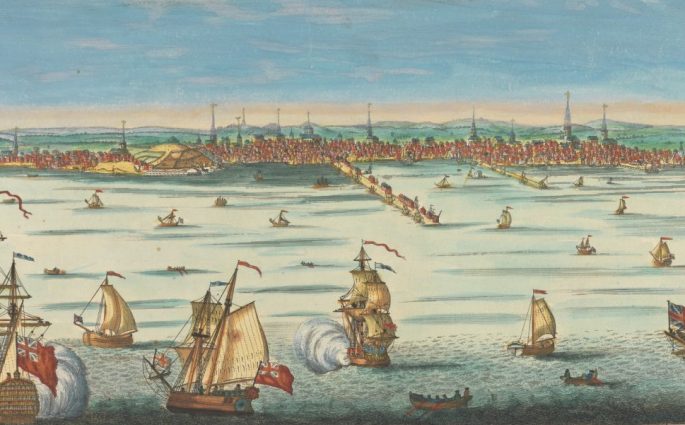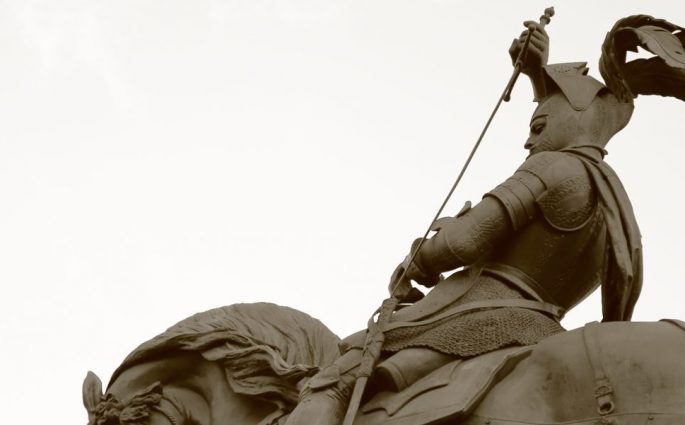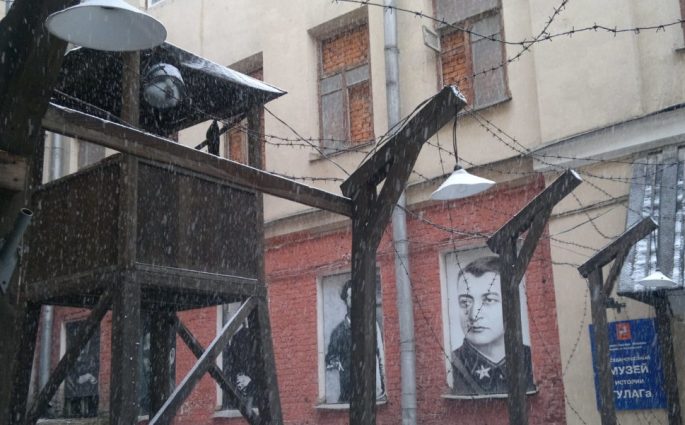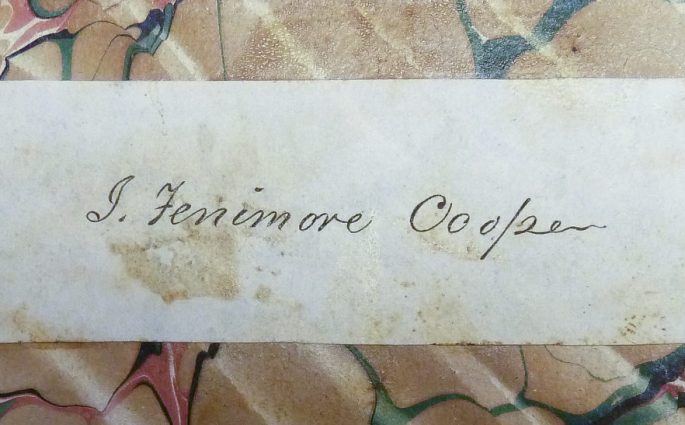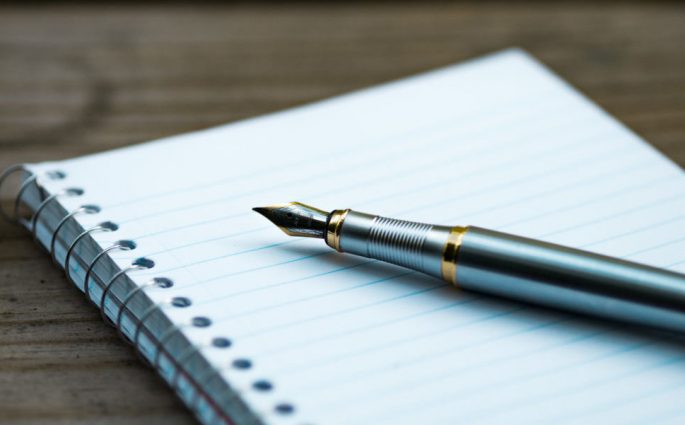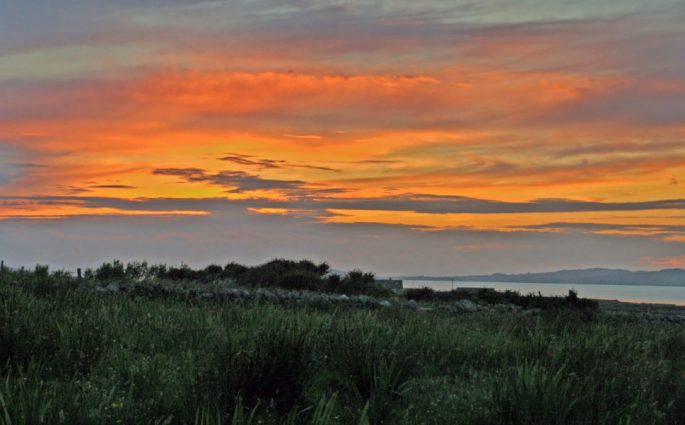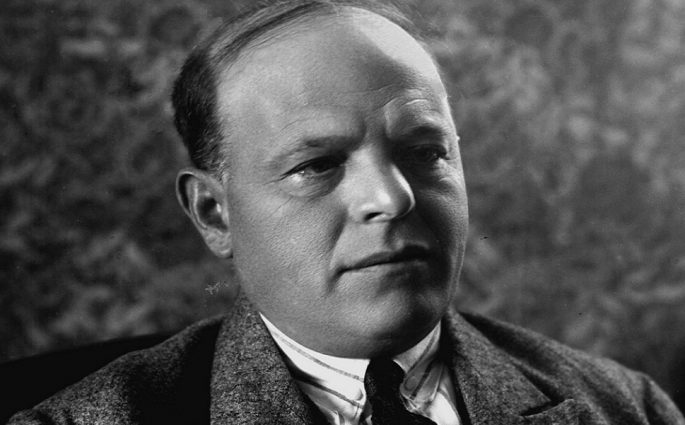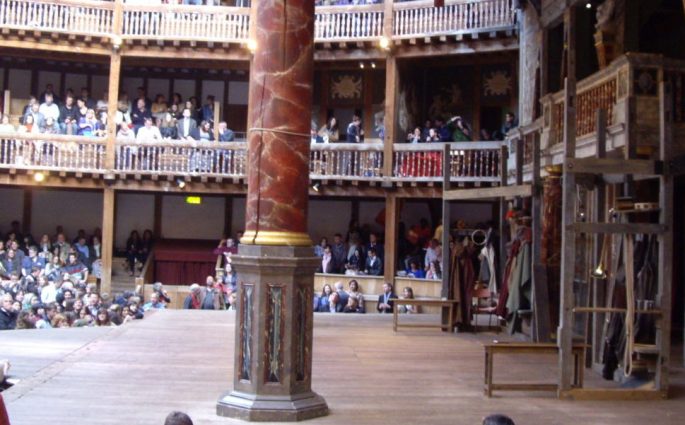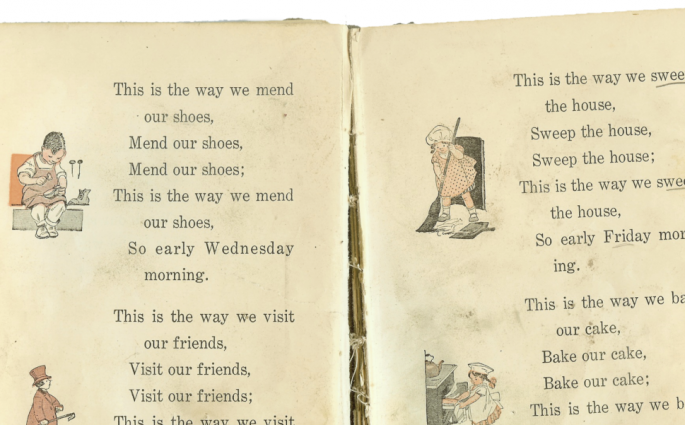Sarah Osborn: Early American Evangelical, Part I
Catherine Brekus— What can the story of an eighteenth-century woman’s life tell us about the rise of evangelical Christianity in America? This is the story of Sarah Osborn, a woman born three centuries ago, and the strange yet familiar world in which she lived. Strange, because she rejected many of the

